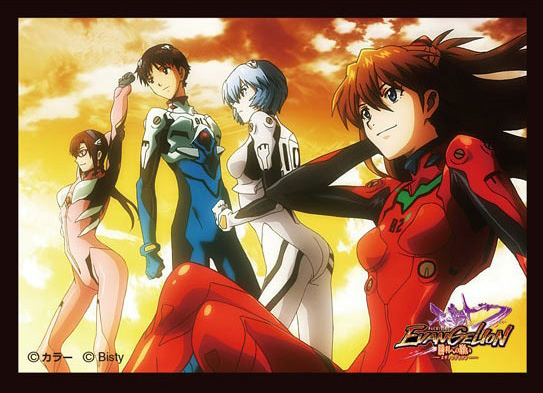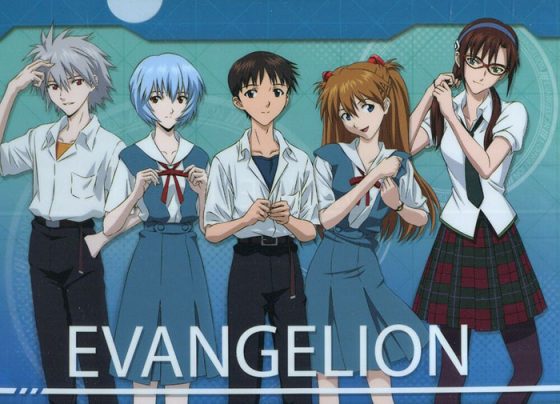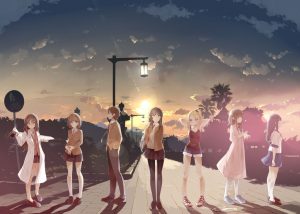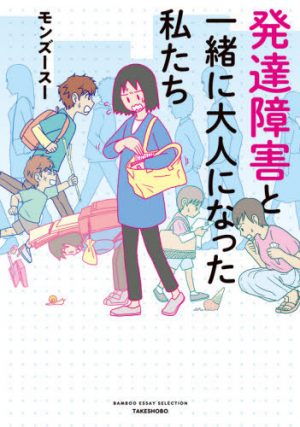
For the last 20 years or so, Neon Genesis Evangelion continues to be one of the biggest anime titles of all time both in Japan and abroad. For international fans, many have made websites or hosted panels at conventions as to how they relate Evangelion to Freudian or other western thoughts of psychology. After all, the series is a reflection/reaction on how Hideaki Anno has suffered from depression himself. Many of the arguments are excellently crafted and make perfect sense. However, many of the analyses tend to neglect one important thing—cultural differences. We’re not here to say that people who “diagnose” the characters based on Western psychology are wrong, but just to put in one important piece to the puzzle, and that’s how cultural and societal norms in Japan are applied in this legendary series.
Group Based Society
Shinji, the main character, is notoriously one of the most polarizing characters with how he’s always “whiney.” To most fans, having the chance to pilot a robot may be the coolest thing ever, but let's be real here. How would you feel if your estranged father just called you just to throw you into a life or death situation? You’d probably be pissed yourself and that’s just the tip of the iceberg. Eventually, even Misato who was friendly with him until that moment told him to get in and fight.
Misato’s demeanor in wanting Shinji to comply is a reflection as to how Japan is a group oriented society as opposed to an individual one like in the West. Japanese believe in maintaining balance and harmony, and that everyone has their role to fulfill. Anyone who acts differently is seen as a disturbance and is branded as selfish. In Japan, they love to say that nail that sticks out gets hammered, and this is what happens to Shinji. If one person is acting out of unison, then the harmony is out of unison and Misato ordering Shinji is a pure example of that without any regard to his legitimate plights. Unfortunately, this is also very true in Japanese society.
“Gaman”
Another quality that (probably) won’t be in the consciousness of non-Japanese viewers or those not aware of Japanese societal norms, is the idea of “gaman,” or “endure,” and it relates to the group oriented mentality. Take for example, you’re getting a divorce and you’re losing everything and to top things off, another loved one is dying of cancer. Your life has hit rock bottom. Do you expect people at work to pat you on the back? We can’t answer for your respective societies, but in Japan, as portrayed more recently in its domestic media, they just tell you to “gaman” and show loyalty to your company because they’re your real family.
If you can’t demonstrate “gaman,” everyone is going to think of you as a weakling. There are times when you need to be strong, but with how “gaman” is presently exploited in Japan, it’s as if no one’s allowed to mourn or process certain difficulties, and it can be destructive to a person’s mental health. Unfortunately, this cultural notion has been abused for the last 30 years in Japan, and Evangelion does its own unique job of implementing this for its own domestic audience. One can say this goes to how people criticize Shinji and the rest of the cast from both internally within the show for their plight, and from the audience to stop being whiney.
As stated, people love to attack Shinji (we understand a great fraction of it is mostly for humor purposes) and such reactions are a true reflection of actual Japanese society as to how they deal with those with mental illness. When one tells the other to “gaman” without any consideration of their circumstances (Shinji’s 14, has no formal training, has never grew up in a stable environment, and has enough growing pains to deal with), it’s a recipe for disaster that helps no one, and this is masterfully demonstrated in Evangelion.
Lack of Available Professional Help
Another thing to consider, where are the professional mental health counselors in this series? A good number of companies and armed services have mental health assistance and for NERV to employ teenagers as mech pilots, it should be natural to include much services, or is the equivalent to CPS in a post-second impact world just about as useful as Chicago’s gun control laws? Realistically, it all comes to how mental health isn’t really openly talked about in Japan, especially during the original broadcast of the series, and seeking such help was difficult (though some studies have shown there have been improvements in the last decade). Due to this notion with how mental health is perceived, no one seeks the help they need due to how society labels them. As a result, such individuals feel they can’t be of contribution since they don’t fit “the harmony” and just shut-in, or “hikikomori,” and we see this on multiple occasions throughout Evangelion.
Final Thoughts

Due to significant cultural differences between Japan and wherever some of you readers are from, everybody interprets the psychology in a way they’ve been educated/exposed to it, and we get that and by no means is it wrong. However, Japan, Europe, South America and other nations around the world all see mental health in different ways, especially in regards to the causes and how cultural upbringing affects how people deal with it. With Japan as a homogenous society, its causes are very distinct and unique. The diagnosis of some of the cast members courtesy of many fans do run parallel to what we learn in our home nation’s classes, but the cause and treatment is a whole different animal as seen in Evangelion, and that’s what a lot of international fans are missing, but something they miss for all the right reasons.



